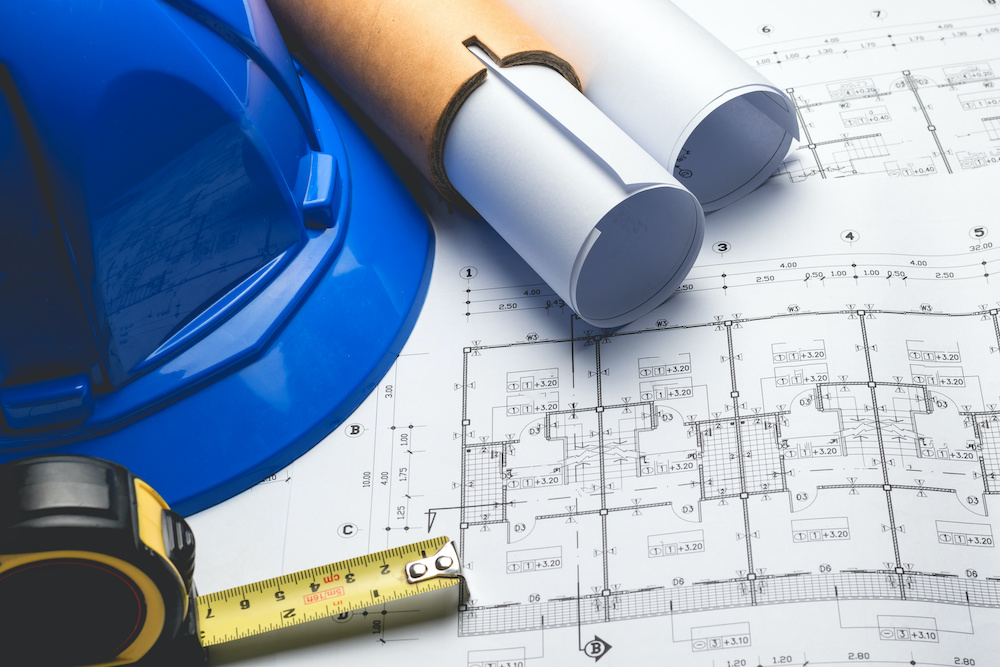

If you are familiar with engineering and construction or in the field of commercial real estate, then you might have encountered the term MEP before. MEP stands for Mechanical, Electrical and Plumbing engineering — three disciplines that are crucial in designing and developing building services. This means that without these three engineering technicalities, it would be very impossible for a building to be occupied by anyone because of some safety purposes. You can safely consider it as the backbone in construction.
The 3 disciplines of MEP
The use of MEP systems will engineer and even architects to prevent complex challenges in the construction industry.
- Mechanical Engineering
Mechanical engineering involves all the mechanical frameworks that are utilized in building construction such as heating ventilation and air conditioning systems, transportation system of the building such as elevators and lifts, and other infrastructures. Mechanical engineering systems will ensure that the building is at a comfortable temperature and airflow is enough to keep toxins at low levels. It also controls the moisture inside the building in between 30%-60% so it won’t affect the health of the inhabitants.
- Electrical Engineering
Electrical engineering handles the power supply and distribution all throughout the building, telecommunication systems, security and control system, alarm systems, interior and exterior lightning, and others. Electrical systems work in conjunction with mechanical systems. While the mechanical system handles the machinery, electrical will take care of the electricity and wirings.
- Plumbing Engineering
Plumbing engineers will handle everything that involves pipes, tanks, and plumbing fixtures. Most states have prerequisites when it comes to plumbing procedures in buildings and other constructions. Plumbing systems will ensure that heating and cooling systems, waste removal, water recovery and treatment, water drainage, fuel gas piping, and others are in compliance with the state’s code.
Benefits of MEPs
According to a survey, about 80-90% of homeowners living in urban areas spend their time indoors. This is where the importance of MEPs comes into the picture. Effective MEP engineering will be able to provide homeowners with a home environment that is healthy and comfortable, energy and operational efficiency, more environmentally friendly, and increased functionality.
Working with qualified MEP engineering companies brings many advantages. It will help you find ways to optimize the required materials without compromising the performance and code compliance; which results in a reduced installation. Different states may have different codes to comply with. For example, in California the Building Energy Efficiency Standards, Title 24, Part 11 and California Green Building Standards Code, Title 24, Part 11 (CALGreen) have requirements that affect all MEP systems; especially, those building systems that consume considerable amounts of water and energy.
While MEPs are essential in construction, it is also important to work hand in hand with other disciplines like in the architectural system. The integration of MEPs in the architectural design of the building will guarantee coordination in all the structural works, safety and functionality are at its maximum level, all systems are efficiently working and easy to maintain, and at a lower cost.
